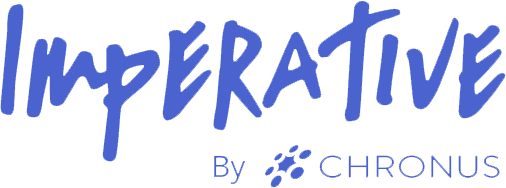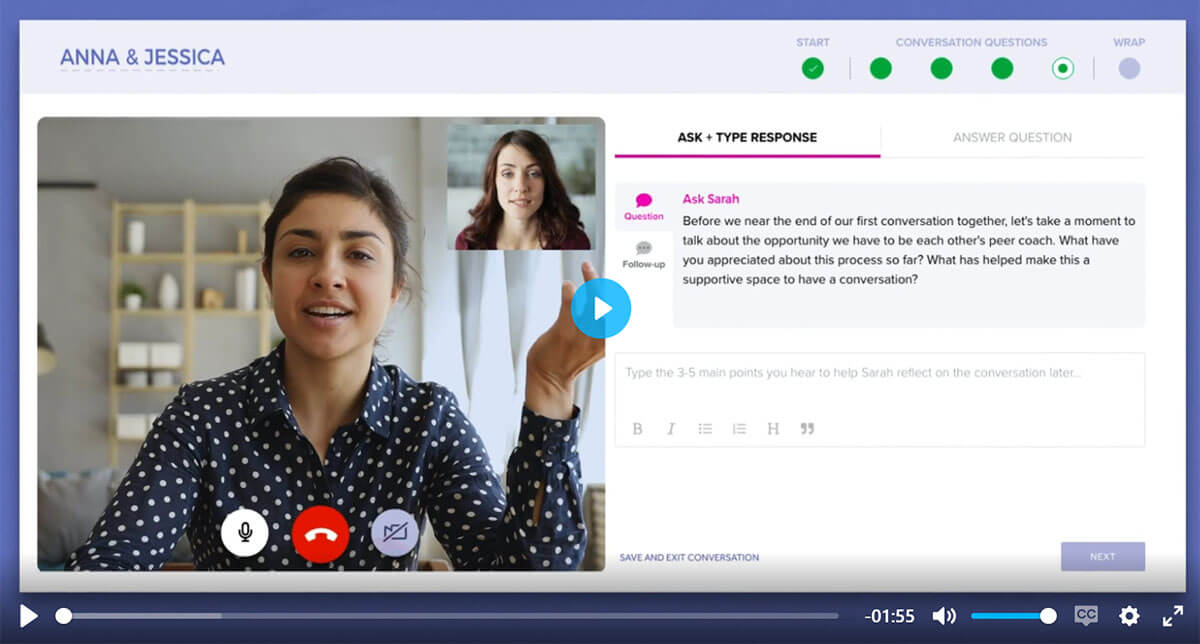New Research: Peers Key to Growth

As it turns out, the career advice I have been dispensing all this time may be wrong. When asked what to look for in a new job, I often tell people to focus their attention on the manager: What can you learn from them?
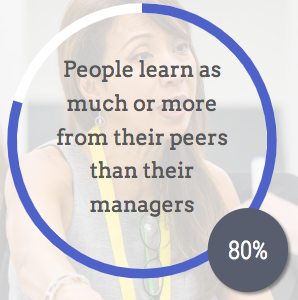
Imperative is releasing some new research this quarter which sheds light on a new workplace truth. We asked a representative sample of the US workforce, “Do you learn more from their managers or from your peers?”
20% said their learned more from their managers. 53% said they learned more from their peers. And, 27% said they learned equally from their peers and managers (Imperative, 2019).
PEOPLE LEARN MORE FROM THEIR PEERS
This means 80% of people learn as much or more from their peers as they do from their managers. Not only does this mean I was giving the wrong advice; it also means that our way of thinking about work and career development is upside down.
This is yet another example of how work is changing. The issues with hierarchical organizations and command and control cultures have been well documented. But, even with this knowledge, we continue to apply an old model to career development and learning.
WHY DO WE LEARN MORE FROM PEERS?
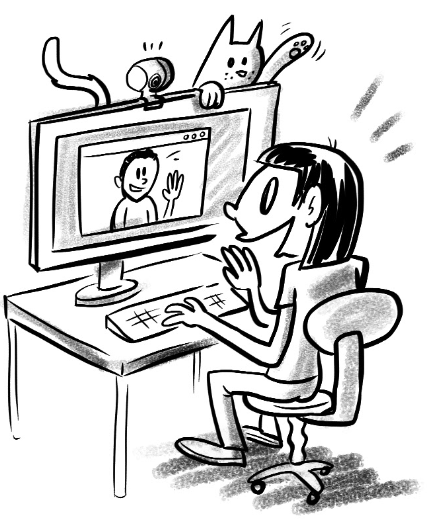
1. Psychological Safety
Our managers are also responsible for our compensation and career path in most organizations, leading to higher stakes for employees. This is more likely to bring negative emotions into the learning experience. To learn, we need to take risks and be vulnerable, which is much easier with a peer.
2. Relevance of Information
Most of our learning is focused on the immediate performance of our jobs. Our peers may be more likely to have the relevant knowledge and experience top of mind than our managers.
3. Adult Learning
The top source of learning at work is gained through experiential learning: doing on-the-job tasks. Experiential learning has been estimated to be 70% of learning. Who are we doing our day-to-day work with? Our peers.
4. Reflection
When we learn new things, either from consuming information or from experience, we are much more likely to have that learning stick if we reflect on it. Peers provide a natural resource for reflection. What did you think of that meeting? How do we need to act on that new information? Why do you think that didn’t work? It is through this process that we begin to create new approaches and to actively test them in the real world.

5. Availability
Peers have more availability than managers. In a poll from Interact Harris poll, 52% of employees reported that their leaders don’t have the time to meet with them. Peer coaching allows employees to have the one-to-one interactions they crave and are not receiving.
6. Reciprocity
We feel more comfortable asking for advice when we can return the favor. Peer learning creates a reciprocity that is less likely in a manager-employee relationship.
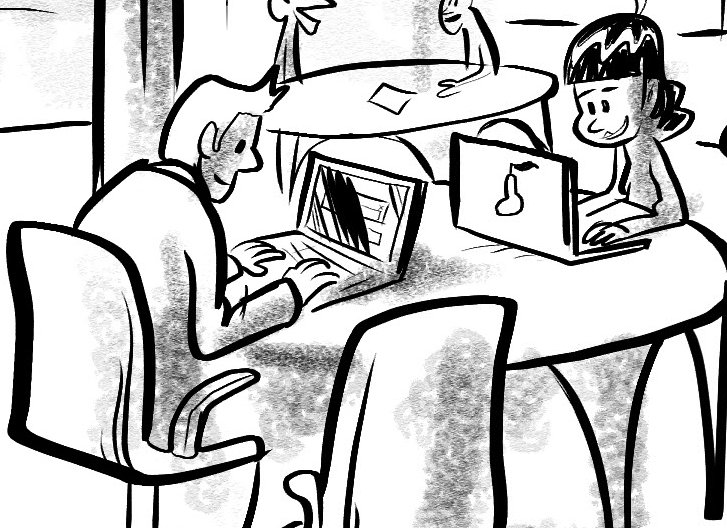
7. Motivation
A study at Michigan State University found that “University students who were given a rationale for why learning is important from people similar to them…wrote more effective essays and got a significantly better final grade than students who were given the same rationale from the course instructor.” We trust our peers to understand what will actually be worth learning as we can relate to them and their situation.
THE IMPLICATION: INVEST IN PEER COACHING
The modern workplace is built around the manager. We assume the employee experience and their development is the responsibility of the manager. When we look to improve employee development or engagement we look to the manager as the key to success or failure.
Our new white paper and the associated research points to a need to look in another direction. If employees learn more from their peers, how can we support these learning conversations?
Peer coaching is a process through which two colleagues work together to build and refine skills, reflect on their experiences and aspirations, solve workplace problems, uncover new insights about themselves and their work, and teach one another based on their respective experiences.
Download our new white paper on peer coaching to learn why peer coaching can unleash employee potential at scale and how to deploy it in your organization.
